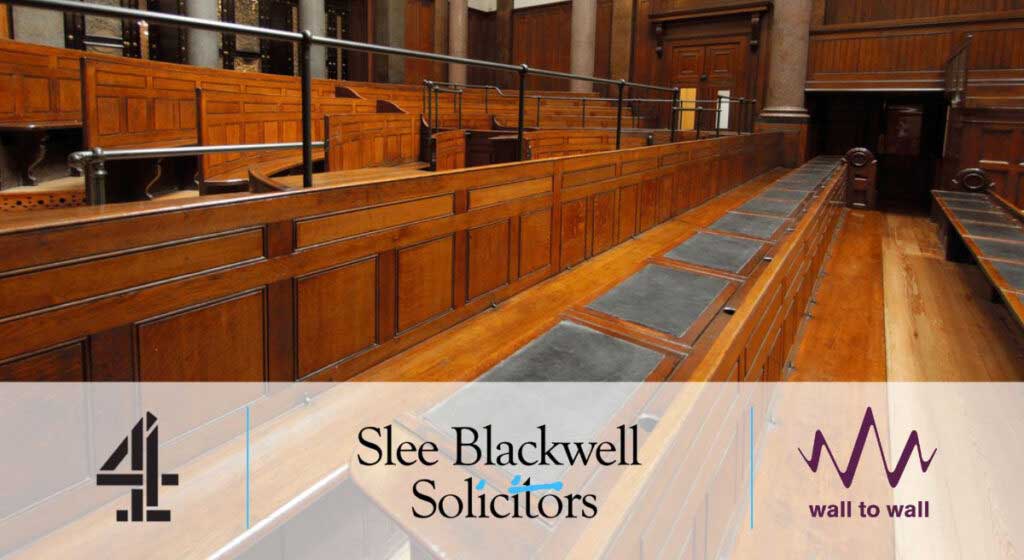We operate a free cosmetic surgery helpline. If you have been the victim of negligence then give us a call on 0333 888 0437 for FREE legal guidance and details of No Win, No Fee case funding.
The Royal College of Surgeons has for the first time produced guidelines on cosmetic procedures stressing the need for improved consultation and advertising restrictions, but there are concerns the reform of cosmetic surgery regulation in the UK don’t go far enough.
The guidelines, which pre-empt post PIPS NHS Medical Director Sir Bruce Keogh’s review of cosmetic surgery regulations, stated that:
- only surgeons should provide cosmetic surgery
- only doctors, dentist and nurses who have undertaken appropriate training should provide non-surgical cosmetic treatments like Botox
- Advertising should be restricted to the use of realistic photographs
- Time limited discount offers should be banned and a cooling off period introduced between the initial consultation and procedure
- Medical staff should discuss with patients their reason for the procedure and must not imply that “treatment will improve a patient’s psychological well-being” nor say they will look “nicer” or feel “better”.
- Patients should be referred to a clinical psychologist before proceedings with discussions and relevant psychiatric history such as eating disorders considered.
The concern for the Royal College of Surgeons was that as the majority of cosmetic procedures were carried out on a private basis that commercial interests might compromise patient safety however the British Association of Aesthetic Plastic Surgeons (BAAPS) have said that the regulations do not go far enough. They have called for an out right ban on all advertising of cosmetic procedures similar to that in place for prescription medicines. Their view is that marketing of cosmetic procedures is neither “educating or informing” but an “exercise aimed squarely at achieving sales.”
BAAPS are of the view that a patient has only undergone a proper consultation if there has been fully informed consent which includes a medical and psychological assessment, discussion of treatment options and a realistic idea of likely outcome and possible risks. Importantly they stress that the consultations must only ever be with the surgeon who will actually carry out the procedure.
James McNally Partner at Slee Blackwell solicitors and a specialist in cosmetic surgery claims agrees with the tougher line taken by BAAPS:
“We see the problems identified by BAAPS all too often when dealing with victims of botched cosmetic surgery. We speak to people daily who have had no proper consultation or have only ever spoken to a nurse at the clinic prior to surgery. One client only ever had a brief conversation with the surgeon over the phone before under going a procedure. Client’s have been enticed by adverts and unrealistic promises made by the surgeons involved. There is much more to whether or not someone is a suitable candidate for surgery then their body shape or amount of “fatty tissue”. Without a proper consultation neither the surgeon or the client can have any proper idea of what is involved and what the end result will be and the lack of a proper consultation often only strengthens the wrongly held perception that these procedures are simple and straight forward. More often then not it is when the client’s problem is not properly discussed or when they are “rushed” into a procedure that mistakes are made. If the surgeon or person administering the treatment has provide care below the reasonable standard then there is potential for a claim for negligence against them.”
Should you be concerned about the results of a cosmetic surgery procedure you have undergone then please contact us for free initial advice on 0333 888 0437 or send an email to us at info@cosmeticsurgerylaw.co.uk.
